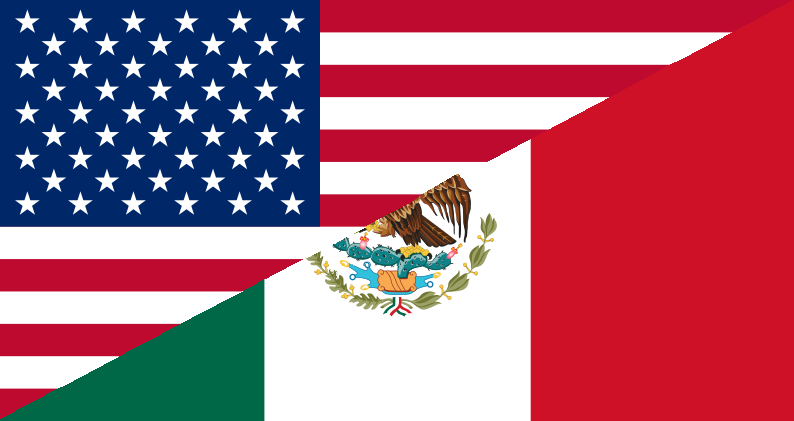WASHINGTON – Thousands of children born in America who have moved to Mexico because their parents were deported or returned home voluntarily lack records and other documents needed to enroll in Mexican schools and access social services, officials of both countries say.
Former Mexican diplomat Gustavo Mohar Betancourt says the situation for Mexico as a host to so many undocumented children is “completely new.”
Over 30,000 of the more than half a million American-born children living in Mexico do not have proper such needed documentation as school records or health reports, according to the Mexican Ministry of Public Education.
“These children have the right to both nationalities and need to have identity documents that confirm both their U.S. and Mexican citizenship,” said a U.S. State Department official in a statement.
The U.S. mission in Mexico, comprised of the embassy and consulates, is growing in order to identify and document these children, said Ariel Ruiz Soto, an associate policy analyst at the Migration Policy Institute.
It launched the Documéntate (“Get Documented”) campaign in 2014 to help address this issue of undocumented U.S. citizen minors living in Mexico.
Ruiz Soto says the U.S. consulates in Mexico are duplicating some of the efforts of the Mexican consulates in the U.S., which have had experience using mobile offices to identify and document citizens outside of the large population centers.
In 2018, with help from local Mexican government offices, the U.S. mission in Mexico coordinated 42 passport fairs in 15 Mexican states under the Documéntate campaign, according to a Department of State official.
Identifying and documenting this shared population requires significant cooperation between the two countries, says Ruiz Soto, especially when the population lives outside the main population centers.
Former Mexican Interior Secretary Miguel Ángel Osorio Chong estimates between 430,000 and 600,000 U.S.-born children living Mexico, though the status of their parents is not known.
Former Mexican Ambassador Roberta Jacobson said the two countries have experience on working together from past crises, such as the exodus of unaccompanied children from Central America in 2014.
“The more you cooperate based on shared responsibility, there is a multiplier effect in your ability to get things done,” Jacobson said.


